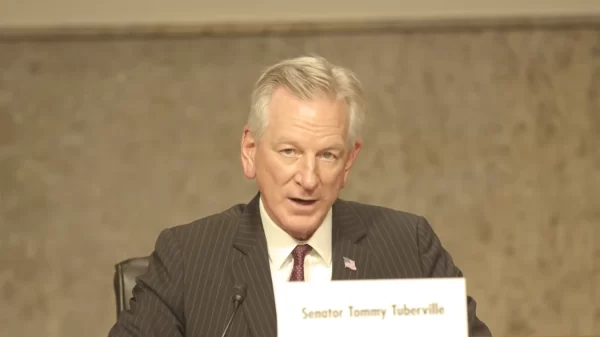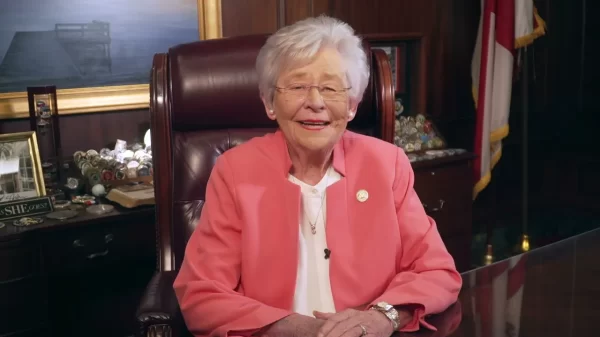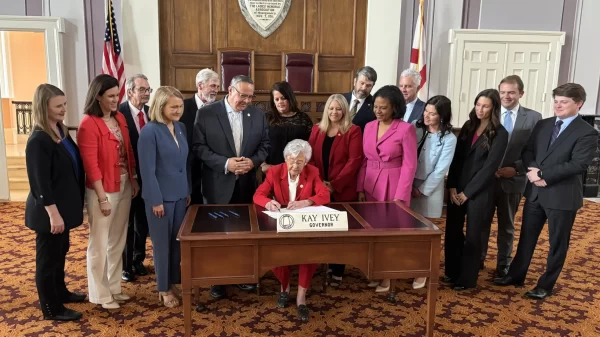|
Getting your Trinity Audio player ready...
|
A bill to hold telecommunications manufacturers accountable for screening pornographic content from minors passed the House on Tuesday after years of stalling in committee.
But a new bill targeting the porn distributors itself passed a House committee in a matter of days.
Rep. Ben Robbins, R-Sylacauga, first introduced the language included in HB441 as an amendment Tuesday to a bill by Rep. Chris Sells, R-Greenville, that would require phones and other communications devices to have content filters turned on by default in the state.
Rep. Sells asked Robbins to bring that language “in your own bill.”
Robbins’ legislation comes after a spirited public hearing on Sells’ bill, where telecommunications representatives continued to balk at being held liable for minors accessing harmful content; during that meeting it was suggested that the state should instead go after the distributors themselves.
It was also mentioned how California requires porn distributors to use age verification before allowing access to adult content, which is a major component of Robbins’ bill. A couple of the opponents to Sells’ legislation made their support of this new bill clear.
Initially, the bill included a drivers license or other identifying government document as an option for age verification, but that language was dropped. Instead, the age verification would be through “public or private transactional data,” which could include “records from mortgage, education, and employment entities.”
The distributors would be required to dispose of any personally identifying information once the age verification process has been completed.
A company would be held liable if a website with a “substantial portion” of material harmful to minors fails to employ appropriate age verification measures. A substantial portion is defined in the bill as one-third of the content on the website.
In addition to requiring the age verification process, the bill also requires porn distrbutors to register with the “division” and pay a registration feee and annual license fee and certify that the age verification process is in place.
The fee would be split with 50 percent allocated toward the attorney general’s office and 50 percent to the Special Mental Health Trust Fund in the State Treasury.





















































